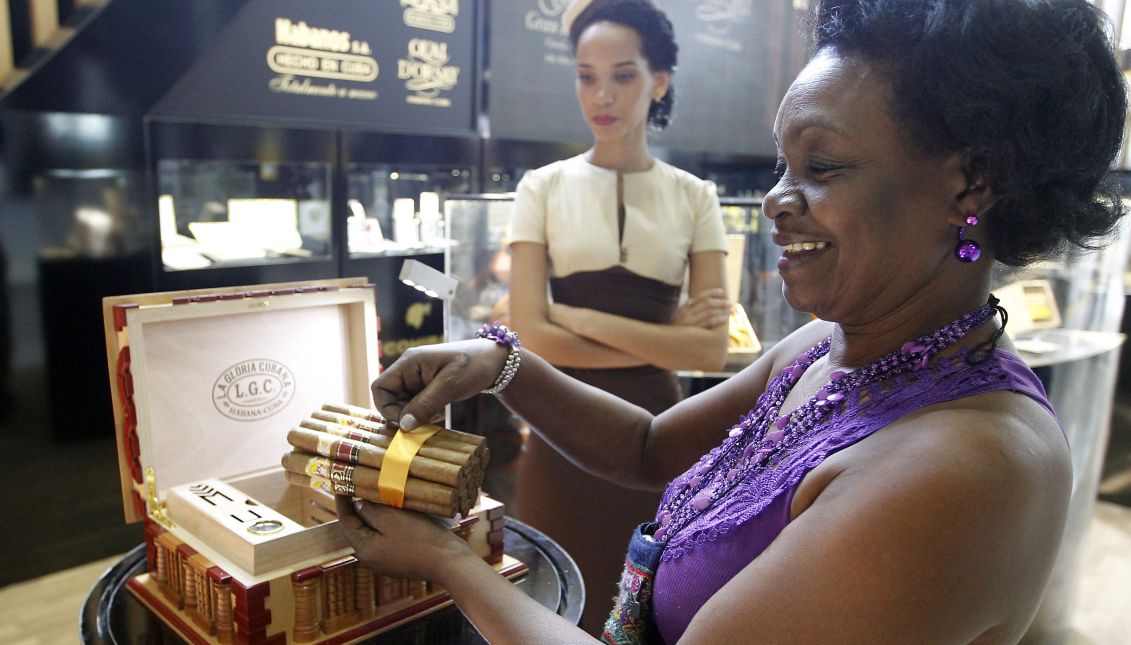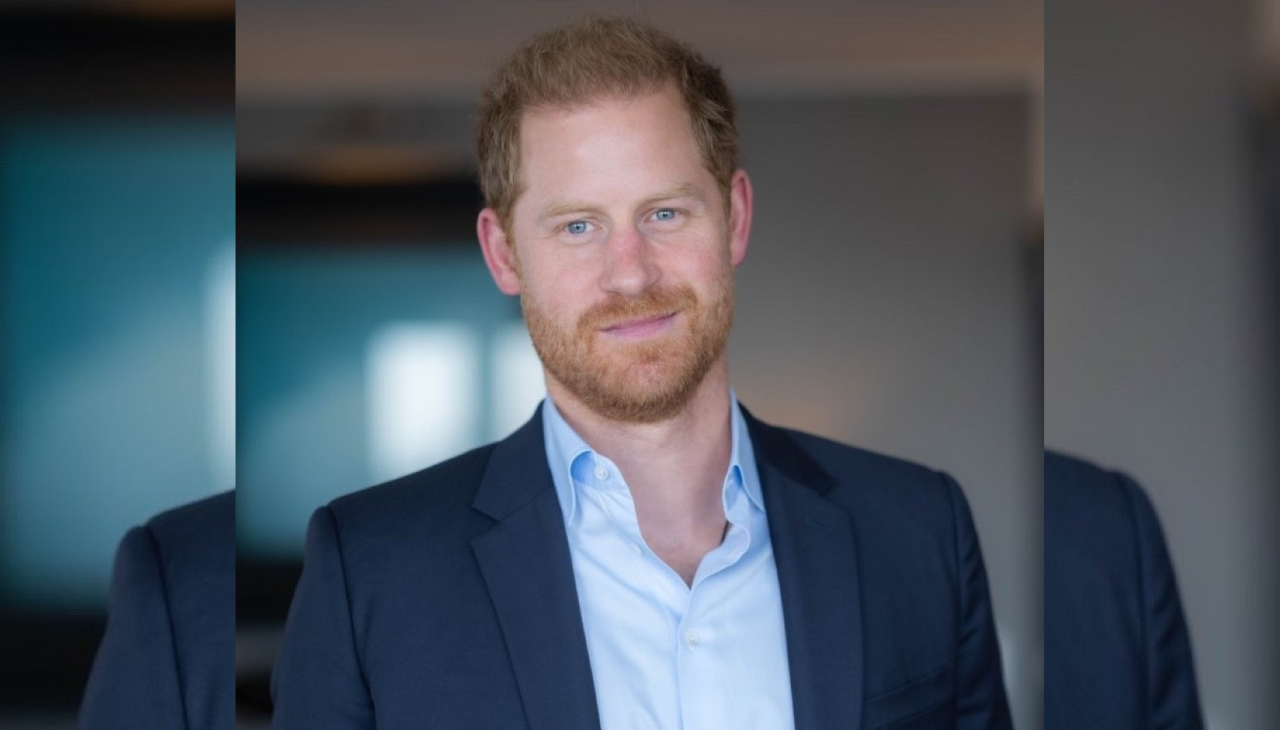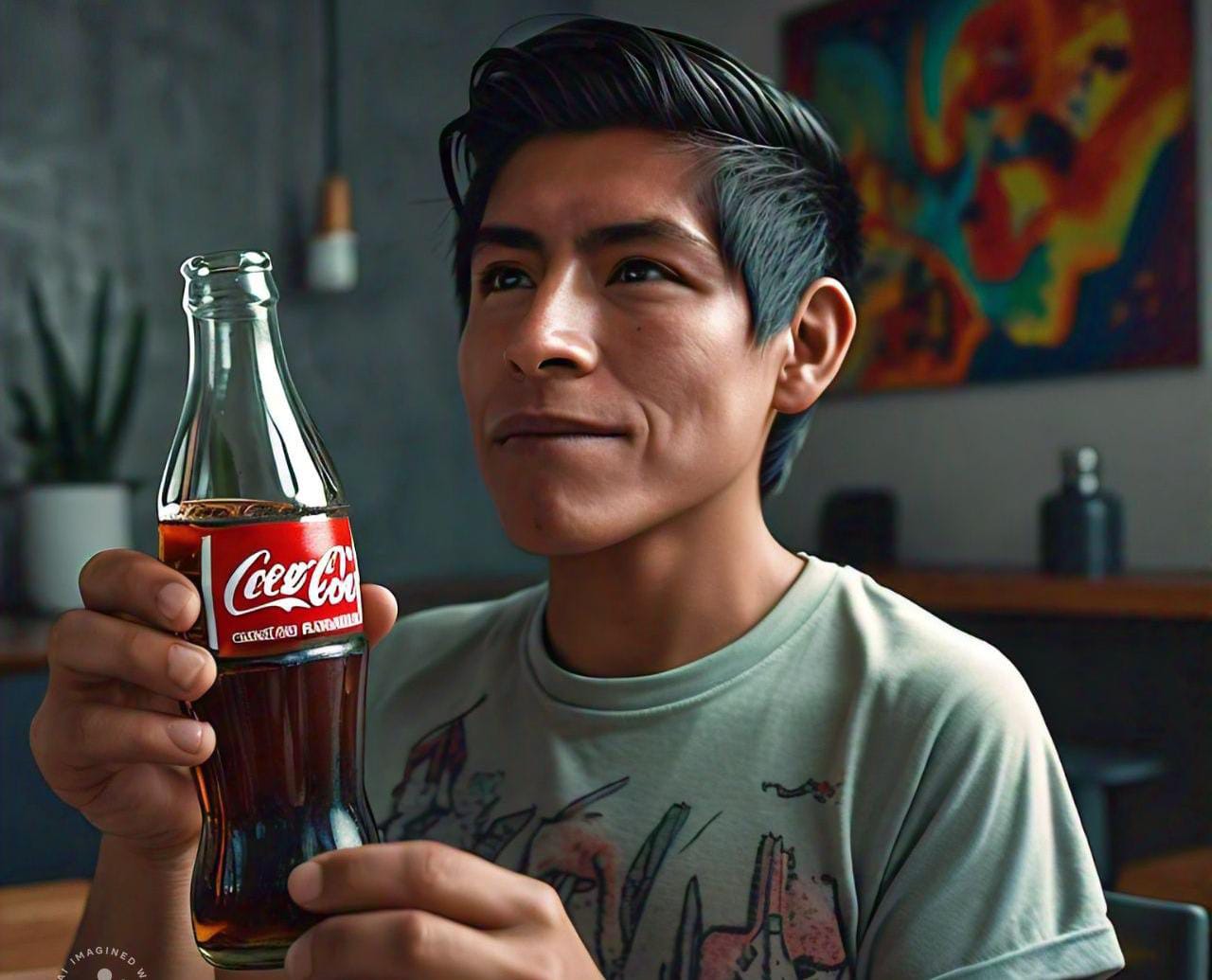
A women shows a tobacco cigarettes huddle during the XIX Tobacco Festival in Havana, Cuba, 27 February 2017…
Raul Castro's Transition Year, under Threat
The White House and a recession are threatening Raúl Castro’s last year. The veteran leader will be stepping aside in 2018, but uncertainty reigns in the…
Raúl Castro, currently aged 85, is expected to stand down as president of Cuba in February 2018, opening the way for the first government not led by a Castro in six decades.
This is Raúl’s opportunity to define his political legacy, without his brother Fidel, who died in November and whose presence was considered a brake on reform, reported Spanish newspaper El País.
But this coming transition years of powers started with complications. Following Barack Obama’s visit and invitation to open up the country in 2016, Raúl’s pro-reformers seem to have receded. The economy is stagnated. And Donald Trump's election has put a new threat to bilateral relations and an end of the escape valve that migration offered.
According to analysts cited in El País. , the economy if the island is unlikely to take off in 2017. Along with remittances from Cubans working abroad, tourism is the most dynamic sector. In 2016, four million visitors arrived, a record, and among them 270,000 people from the United States, thanks to Obama’s efforts to make it easier to acquire a tourist visa.
The rise in tourism in Cuba has also helped the Cigar industry to boost. Joint Cuban-Spanish firm Habanos in 2016 took in $445 million in sales, a 5 percent hike over the year before in an adverse year for luxury goods, as reported in EFE.
In addition, the island's tobacco industry late in 2016 received more good news: a new easing of US sanctions that allowed travelers from that country to bring home in their luggage an unlimited amount of Cuban tobacco and rum products for their personal use. Through October 2016, Americans visiting the communist island could only legally import upon their return home $400 worth of Cuban products, including $100 worth of alcohol and tobacco.











LEAVE A COMMENT:
Join the discussion! Leave a comment.